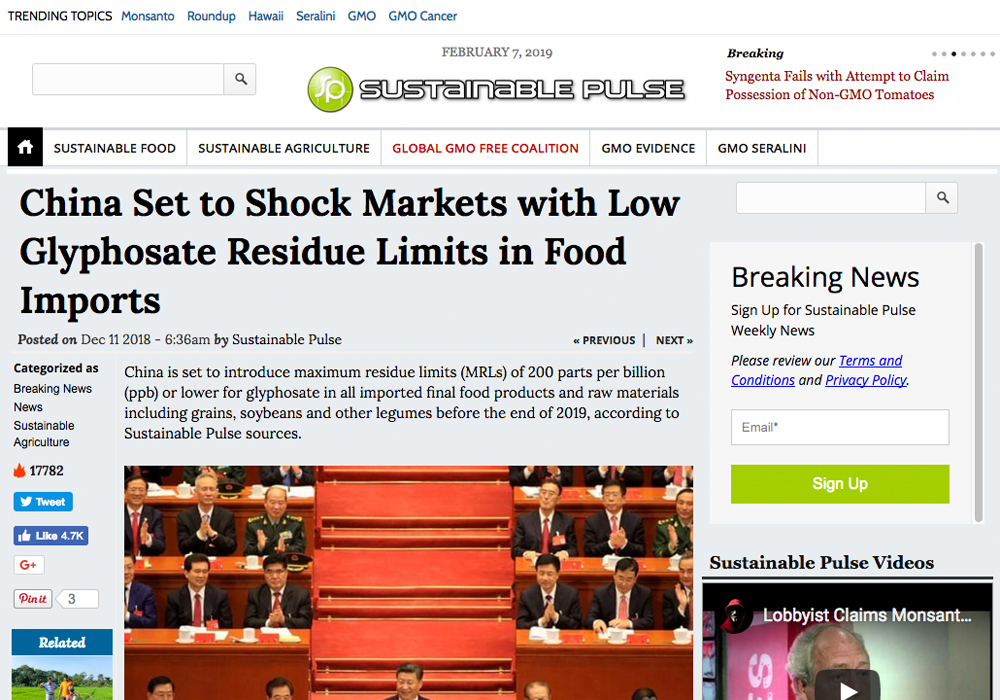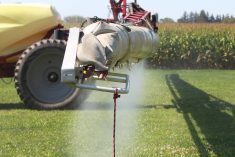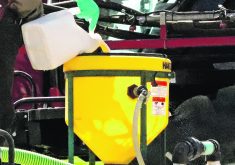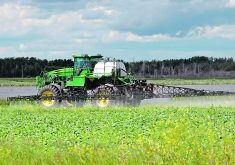Canadian agriculture industry officials are casting doubt on a report that China is poised to introduce restrictive glyphosate residue limits.
An article that ran in Sustainable Pulse, which appears to be an anti-GMO website, said China is set to “shock markets” with a maximum residue limit of 200 parts per billion or lower on all imported food and raw materials.
The limit would apply to grains, oilseeds and pulses and will be in place before the end of 2019, according to the publication’s sources.
“China’s action would likely decrease the global use of glyphosate as a desiccant,” stated the article.
Read Also

Farming Smarter receives financial boost from Alberta government for potato research
Farming Smarter near Lethbridge got a boost to its research equipment, thanks to the Alberta government’s increase in funding for research associations.
“It is expected that China will now import more grains from Russia, where glyphosate is not widely used as a desiccant.”
Canadian officials who keep close tabs on MRL policies around the world are skeptical of the Sustainable Pulse story.
“I haven’t heard of this and I think I would have,” said Gord Kurbis, vice-president for trade policy-crop protection with the Canada Grains Council.
“We would know.”
CropLife Canada has also heard nothing that would corroborate the report.
The association has been advocating for China to adopt predictable and transparent import tolerances for pesticide residues.
“China has indicated that it will publish a formal import tolerance policy for comment this year,” CropLife president Pierre Petelle said in an email.
“We are optimistic that this policy will be based on internationally recognized science and guidelines and that it will enable global trade.”
One factor China would have to consider in establishing restrictive glyphosate MRLs is that its companies account for 60 percent of the global supply of glyphosate, according to a report prepared by Research and Markets.


















